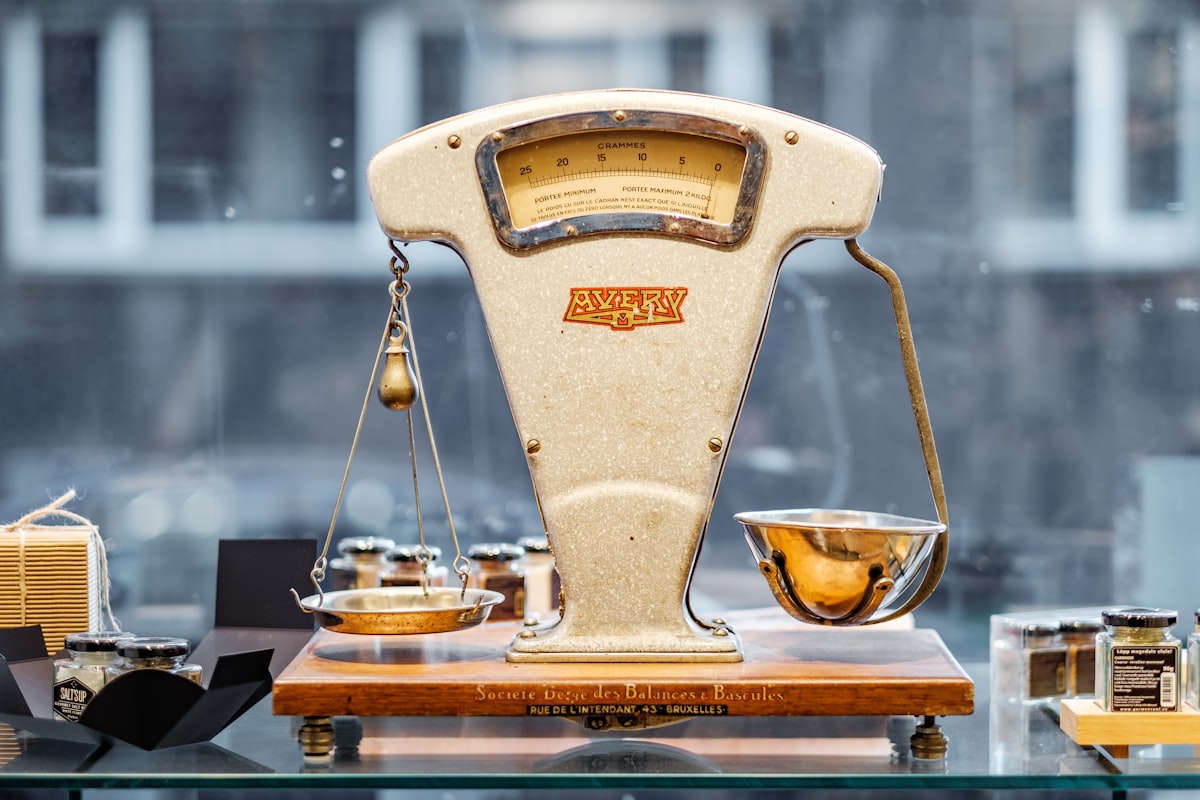Harmony is the basis of happiness and a good life — and a solid foundation for karatedō.
Wa和 [pronounced “wah”] is fundamental to both Chinese and Japanese language and society. And we can see why: the importance of wa – which means harmony or balance – is fundamental to a good life, and of course, fundamental to good karate.
To be in harmony in all aspects of our life is probably impossible. Nonetheless, we should strive to achieve this harmony, and to the extent we're successful, we'll achieve an energy-filled, positive, and forward-moving life.
Harmony As Balance
Wa teaches us to hold all aspects of our life in balance: to enjoy good food, but not to such excess that we are unhealthy; to enjoy time with our friends but not to such excess that we ignore our responsibilities; to train hard and often, but not to such excess that we damage our body, or we unbalance the rest of our life; to work hard, but not so that we forget to be great husbands, wives, sons, daughters, sisters, and brothers.
A life out of balance is a life filled with anxiety. We intuitively understand that "things aren't right" when aspects of our life aren't in harmony.
But what constitutes being "in harmony?"
How to Evaluate Harmony
A part of our life is in harmony when everything that goes into it, or comes out of it, is appropriately sized. In other words, does the time you spend on your golf fame reflect an appropriate use of your time? Are your titanium golf clubs ridiculously expensive? In both cases, perhaps your inputs aren't appropriate, are not sized in relation to the importance of golf in your life. And as for your outputs, is golf just something "to fill my time" on a weekend that you didn't plan adequately? Then clearly the output of playing golf also doesn't match, doesn't balance, and certainly, is out of harmony with the rest of your life.
But what if you're a golf pro? Maybe now those expensive golf clubs are actually the tools of your trade. And the time you spend playing golf and improving your game actually is an investment in your career. And in fact, the output of your playing golf is professional advancement, pride in your work, and financial success.
The same activity might be perfectly in harmony in one man's life, and completely inappropriate in another man's.
Wa reminds us to examine the different aspects of our life and evaluate their place among our goals (mokuteki – read more here), aspirations, and ultimately, our life purpose (our life purpose is also known as ikigai – read more here and listen to a lecture on the subject here).
A Holistic Life of Harmony
No part of your life is an island. All of the different aspects of your life interact with one another, and sometimes parts of our lives are linked intimately with one another. Being a good father is deeply linked to being a good husband. Having a healthy body is absolutely intertwined with a healthy mental state, and well-formed life philosophy or system of beliefs.
We have to examine our entire life in a holistic manner, and determine how all the different parts that make up who we are fit together. To the extent that all those parts work together, we are in harmony.
Harmony as a State of Being
Wa is as much a goal as it is a state of being. We should strive to reach wa but it is as important to maintain wa as well, because balance is a tricky thing in anyone’s life, and there are many times that we achieve wa only to lose it shortly after.
In karatedō, we see wa expressed even in so fundamental a thing as the name of the style of karatedo we study: goju karatedo (read more here) is the harmonious balance of “hard” and “soft; “strong” and “fast”; “rigid and unmoving” and “flexible”; “linear, straight” and “circular, angular.”
We also need to be aware of things – and sometimes, this includes people – that disturb our wa, that make it difficult to maintain it. Change the parts of your life that make it harder to maintain balance; remove the parts of your life that threaten to upend your balance and harmony.
The Treasure of Harmony
Harmony is a treasure. It is one of the most valuable treasures that you can have, much more so than monetary treasure.
To lead an harmonious life is to be mentally healthy and at peace. Good mental health and a feeling of satisfaction and achievement is a product of harmony. Without wa, you cannot have the peace and satisfaction of a good life. It's simply impossible.
Guard your balance and inner harmony carefully because it is central and essential to having a strong mind, a powerful spirit, and a healthy body. Cultivate wa in all things, in all ways.
Every part of your life will benefit.
| Kanji/Katakana | Meaning |
|---|---|
| 和 | harmony (wa) |
Editor's Note: This lecture was first delivered by Sensei in San Rafael, California on 2 April 2012, and then again at the Goju Karate NYC Dojo on 24 May 2023.




![Ikioi — Momentum 勢い [Edition 2025]](https://images.unsplash.com/photo-1691568520168-d74572f43f62?crop=entropy&cs=tinysrgb&fit=max&fm=jpg&ixid=M3wxMTc3M3wwfDF8c2VhcmNofDYyfHxtb21lbnR1bXxlbnwwfHx8fDE3NDczNDY5MDJ8MA&ixlib=rb-4.1.0&q=80&w=720)
![Taikibansei — Great Talent, Evening Forming 大器晩成 [Edition 2025]](https://images.unsplash.com/photo-1534447677768-be436bb09401?crop=entropy&cs=tinysrgb&fit=max&fm=jpg&ixid=M3wxMTc3M3wwfDF8c2VhcmNofDIzfHxzaG9vdGluZyUyMHN0YXJ8ZW58MHx8fHwxNzQ0MTU3MTQzfDA&ixlib=rb-4.0.3&q=80&w=720)